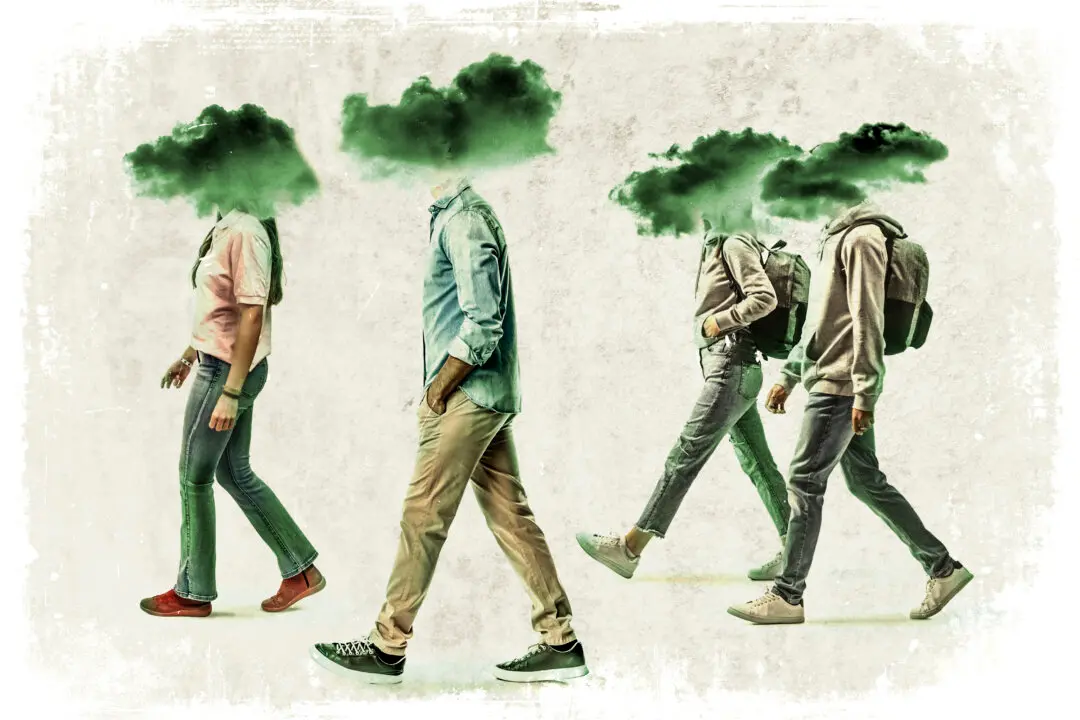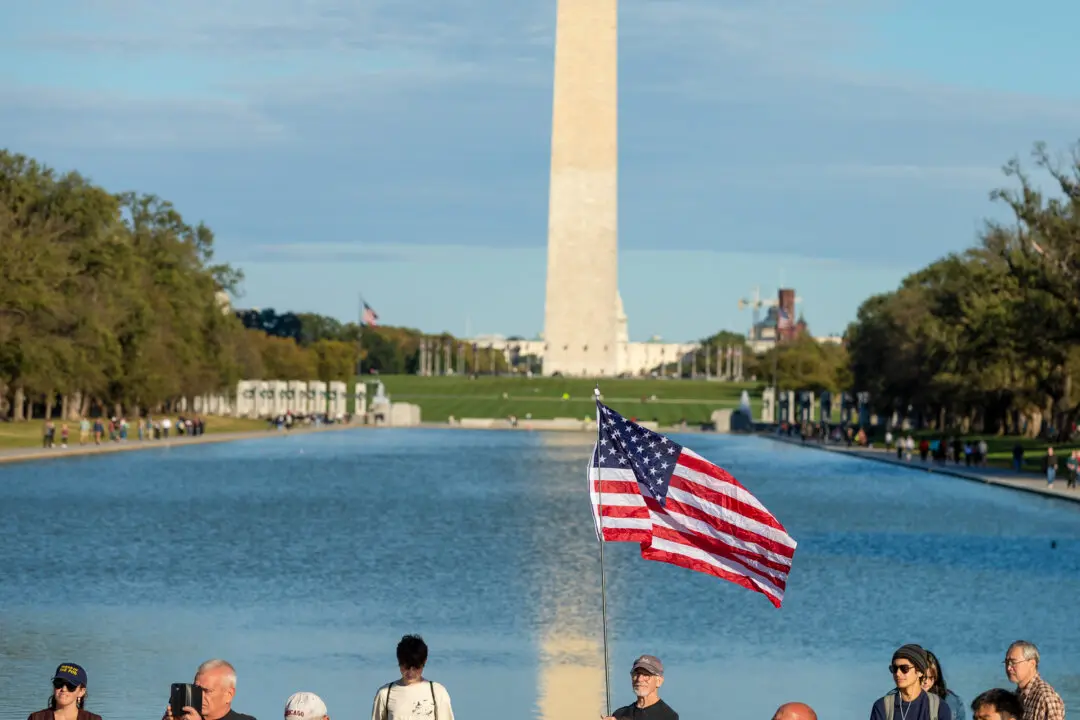“Civility” has become the latest buzzword in the world of American politics. I think to most Americans civility sounds like a good thing. To me, it sounds awesome.
Political civility was a theme in Tuesday’s State of the Union address and has laced political discourse ever since President Obama invoked it at the memorial service for the victims of the shooting in Tucson, Ariz.
Before the speech, left-leaning commentators had thrown around accusations that the uncivil rhetoric from Republicans had in some way contributed to the shooting that left Congresswoman Gabrielle Giffords in critical condition.
But, when Obama finally touched on civility in Arizona, he brilliantly did it in a civil way.
“And if, as has been discussed in recent days, their deaths help usher in more civility in our public discourse, let us remember it is not because a simple lack of civility caused this tragedy—it did not—but rather because only a more civil and honest public discourse can help us face up to the challenges of our nation in a way that would make them proud,” said Obama on Jan. 12.
This is Obama at his best, carefully invoking civility but not pointing the finger at Republicans, who his fellow Democratic Party members would say have a “lack of civility.”
Now, many politicians are hoping to infuse some civility into our country’s national discourse. Politicians crossed aisles at the State of the Union, wisely showing that they are above partisan bickering that has for years divided the chamber.
This is the sound of civility and things that don’t sound right are already becoming noticeable.
Last week, Rep. Steve Cohen of (D-Tenn.) compared Republican lawmakers’ views on medical care legislation to Nazi propaganda, according to CNN. Meanwhile, in the same week, Rep. Paul Broun, (R-Ga.), in effect called civility a “trap” by warning Republicans against sitting with their Democratic counterparts at the State of the Union. Both of these lawmakers were out of step with civility, and everyone could tell.
But this is just the beginning. To keep this climate of civility alive, I advise our leaders to remember that civility does not mean abandoning your principles and values. It means coming down to earth and making things work for Americans in a positive and productive way—not being focused on achieving some party goals. Don’t approach civility as a chance for scoring points against your enemies. It’s a chance to
Read More . . . Civility
I advise Americans themselves not to be restricted by our leaders’ definition of civility. Civility goes far beyond how two political parties treat each other and extends into almost any aspect of our daily lives that involves interaction with other people, particularly those we find antagonistic.
In other words, if we want civility in our political discourse then we need to ask ourselves how we can introduce more civility into our own lives and environments.
Take the holidays that just passed for example. I found myself at parties where the music was so loud that it made basic conversations unpleasantly difficult and almost impossible.
Not only is high volume music bad for our hearing, it ruins the opportunity for a good conversation and a chance for people to reach some level of understanding with each other.
Of course, they were not my parties, so I wasn’t in control of the music volume, and I’m not going to get upset at anyone over the obnoxious ruckus. But, I will bring a notepad and pen next year.
Nothing beats the sound of civility.




